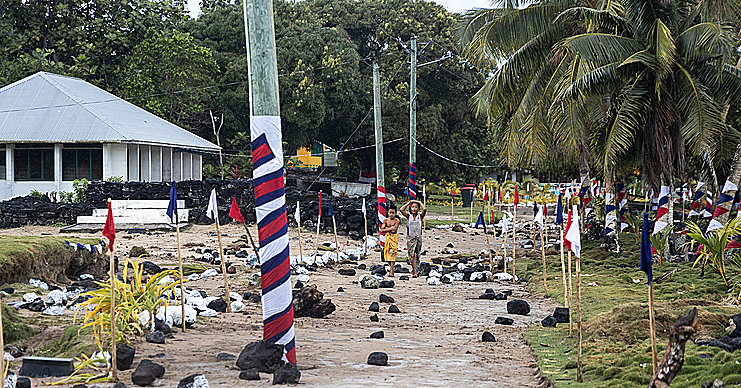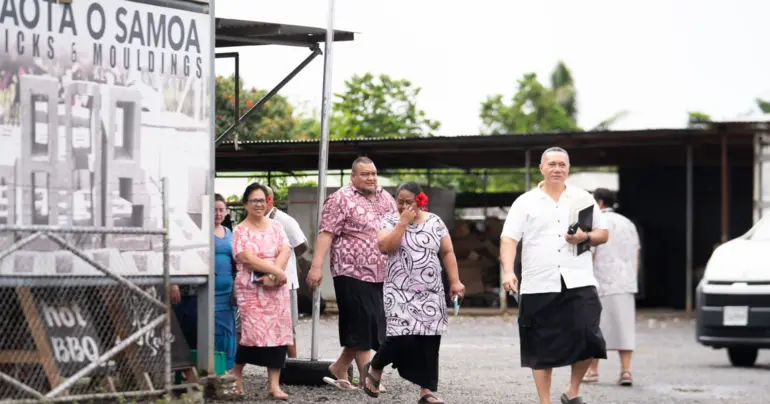Safeguarding children from the traps on the internet
The marvel of the internet connects us to almost anywhere in the globe, helps people advance their education and businesses, zoom meetings, and video calls, and keeps families connected. Yet it is not without its dangers and the most vulnerable in this case are the children.
The internet has the potential to broaden horizons and ignite creativity the world over, but with these opportunities come serious risks: cyberbullying, emotional abuse, grooming, sexual abuse and exploitation are some of the major risks that children may encounter.
Raising awareness on this issue and promoting tools to detect some of these risks over time is the first step to promoting children’s right to protection and right of access to information.
This is why it is encouraging that the Ministry of Communication, Information and Technology is going to set up web filters to stop sites that would distract children at school and would be inappropriate. As the world evolves, educators around the world realise that the internet can be used as a tool but only if used the right way.
Children are spending more time online than ever before, and they’re getting there sooner. According to UNICEF, a child goes online for the first time every half second. In this sense, the internet offers limitless opportunities for children to learn, play, enter into contact with new people and develop their social networks. When used in the right way – and accessible to all – the internet has the potential to broaden horizons and ignite creativity the world over. But with these opportunities come serious risks.
The internet can be an enabler of different forms of online abuse, which is defined as any type of abuse that happens on the internet. It can happen online, or it can be part of other abuse that takes place offline, like bullying or grooming. Online abuse can be performed by strangers or by people known by the victim, and it can take place through different channels, including social media, text messages and messaging apps, emails, online chats, online gaming or live-streaming sites.
As parents, how many people know what their children are watching on their devices? Even popular video streaming sites like YouTube have ads that could be inappropriate. There are other dangers than just inappropriate material online.
Cyberbullying is a violation of children’s rights. UNICEF defines cyberbullying as using electronic messages to harass, threaten, or target another person. This form of online abuse is strictly linked to social media or instant messaging platforms. Unlike bullying that takes place offline, online bullying can follow the child wherever they go, and it can sometimes feel like there’s no escape or safe space.
Emotional abuse encompasses any type of abuse that involves the continual emotional mistreatment of a child, and this can happen both on and offline.
The International Centre for Missing and Exploited Children (ICMEC) defines grooming as the process by which an adult builds a relationship with a child, to facilitate online or offline sexual contact. Children and young people can be groomed online or face-to-face by a stranger or by someone they know.
Sexual abuse occurs when a child or young person is forced or tricked into sexual activities. Sexual abuse can happen online – for example, a child could be forced to make, view or share child abuse images or videos or take part in sexual activities on conversations online.
Sexual exploitation is a type of sexual abuse. It has never been easier for child sex offenders to contact their potential victims, share imagery and encourage others to commit offences. Children may be victimised through the production, distribution and consumption of sexual abuse material, or they may be groomed for sexual exploitation, with abusers attempting to meet them in person or exhort them for explicit content.
While the government is taking up the responsibility of keeping children from these dangers at school, the guardians and parents have the responsibility to do so at home and in other places. Talk to I.T. companies and limit the sites children can access on their devices.
All parents must be able to see and be aware of who their children are communicating with. Remember that many times, it is the parents who bring about the addiction to devices and the internet in their children.
The internet is a marvel but a dangerous realm as well. Perhaps it is time to embrace things like gardening and joint family activities every day and have rules like no phones between certain hours, at the dinner table, or on Sundays.
To change the world, the change has to start with you.











